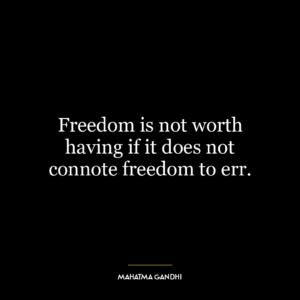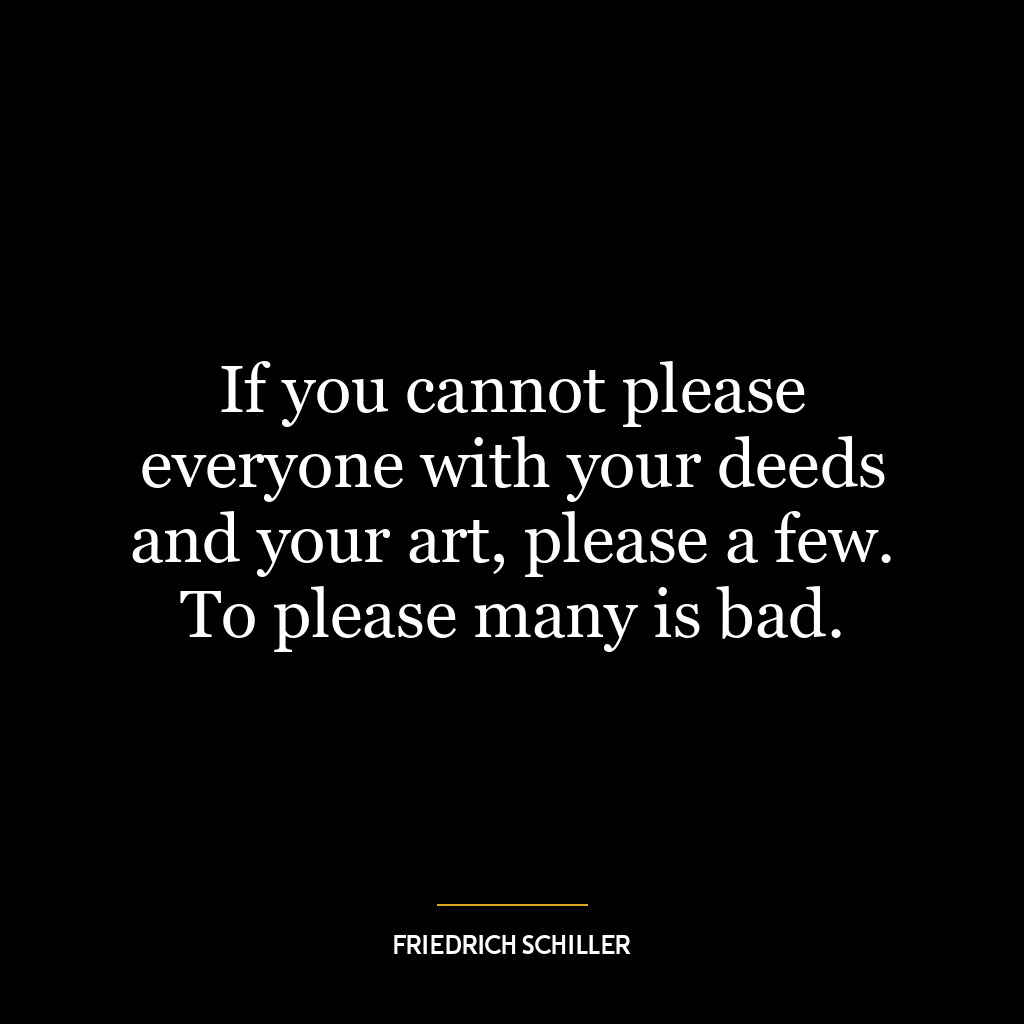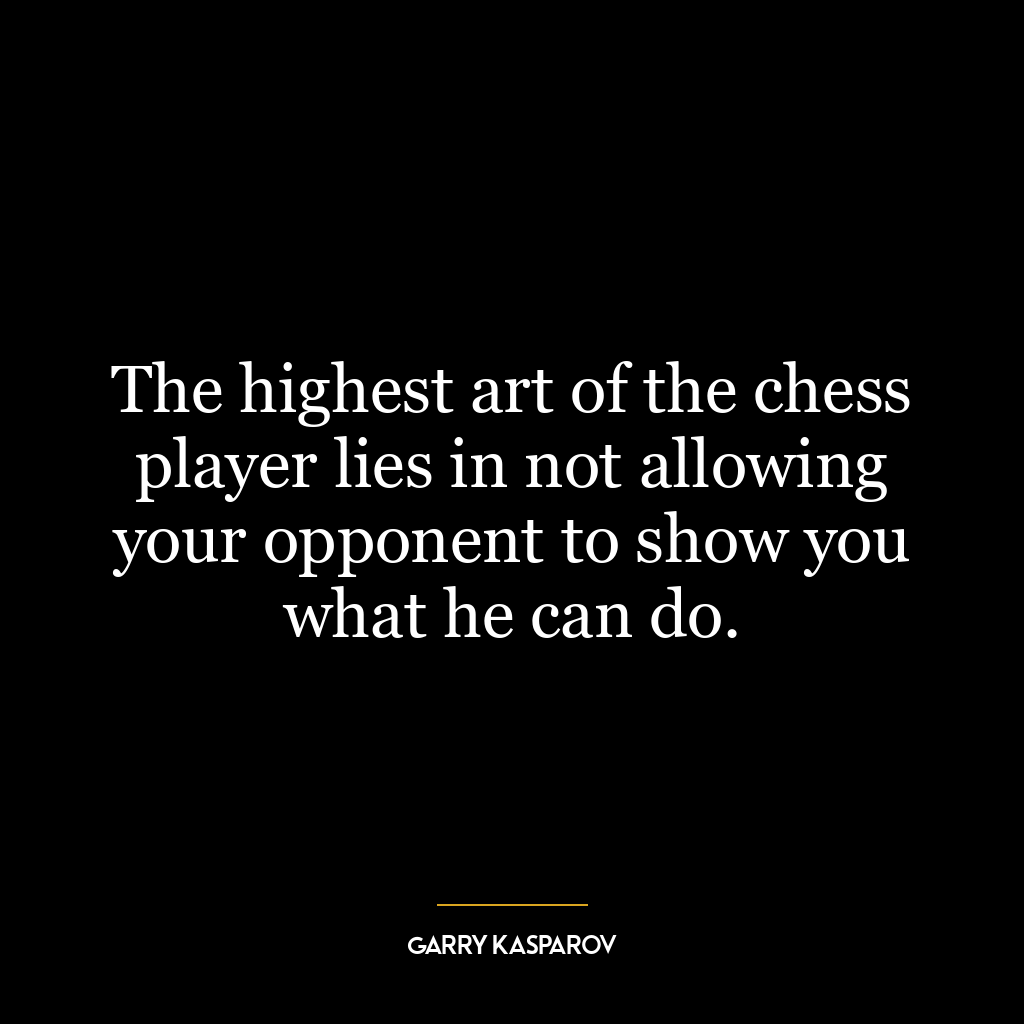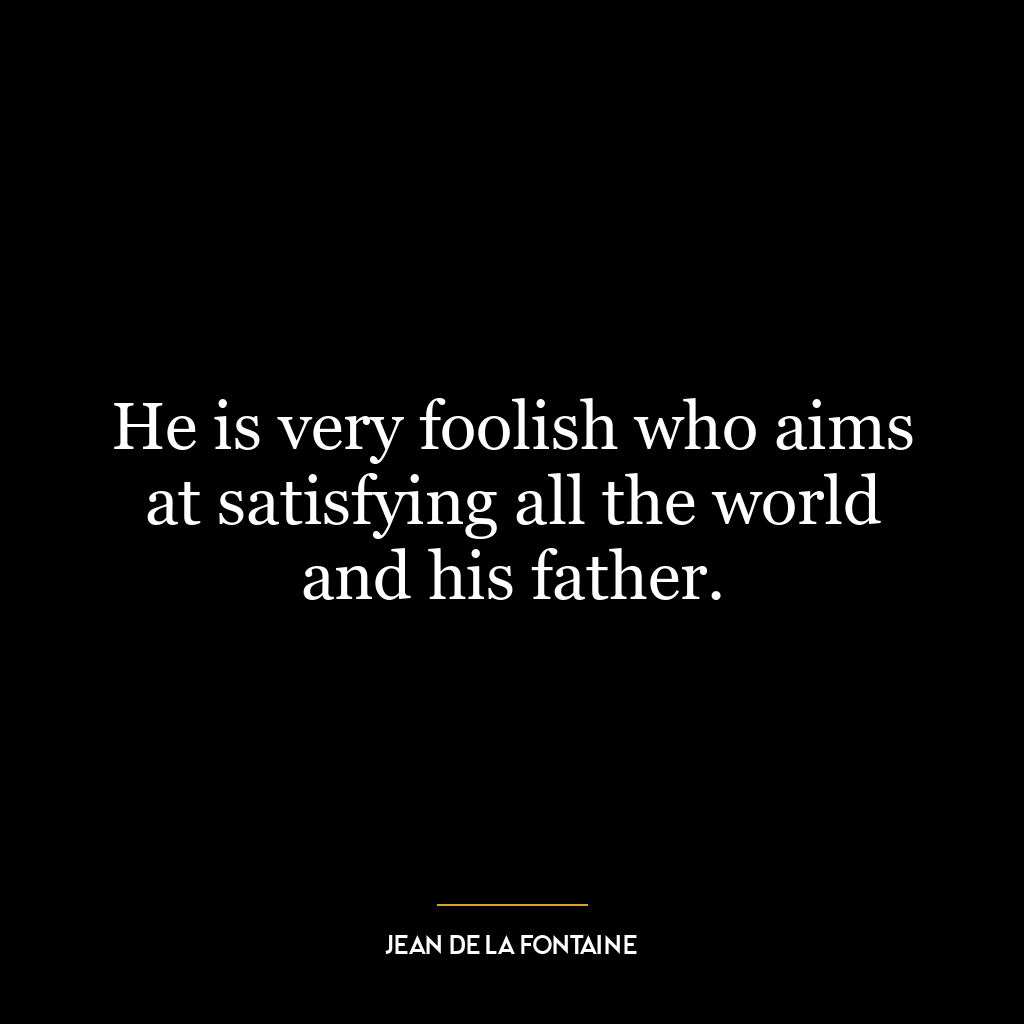Distinguish between real needs and artificial wants and control the latter.
Distinguish between real needs and artificial wants and control the latter” is a profound statement that urges us to discern between our genuine necessities and the desires created by societal pressures or external influences. Real needs refer to the essentials required for survival and well-being, such as food, water, shelter, love, and health. On the other hand, artificial wants are desires for non-essential items or experiences, often induced by marketing strategies, societal norms, or peer pressure.
The quote encourages us to take control of our artificial wants, implying that unchecked desires may lead to dissatisfaction, stress, and financial instability. It doesn’t necessarily mean we should completely eliminate these wants, but rather manage them wisely to maintain a balanced and fulfilling life.
Applying this concept in today’s world, we are constantly bombarded with advertisements and societal pressures pushing us towards endless consumption. Fast fashion, the latest tech gadgets, luxury cars, and exotic vacations are often presented as symbols of success and happiness. This can lead to a vicious cycle of continuous wanting, buying, and then wanting more, which can lead to financial strain, environmental harm, and personal dissatisfaction.
In terms of personal development, understanding the difference between real needs and artificial wants can help us make more conscious decisions about our consumption habits. It can guide us to invest our time, energy, and money into things that truly add value to our lives, rather than being swept away by fleeting trends or societal pressures. This awareness can also lead to a simpler, more focused life, free from unnecessary clutter and distractions.
In a broader societal context, if more individuals start distinguishing between real needs and artificial wants, it could lead to a shift towards more sustainable consumption patterns, contributing to environmental preservation and a more equitable distribution of resources.
In conclusion, this quote is a call to self-awareness, mindful consumption, and responsible living, which are key elements in personal and societal well-being.









